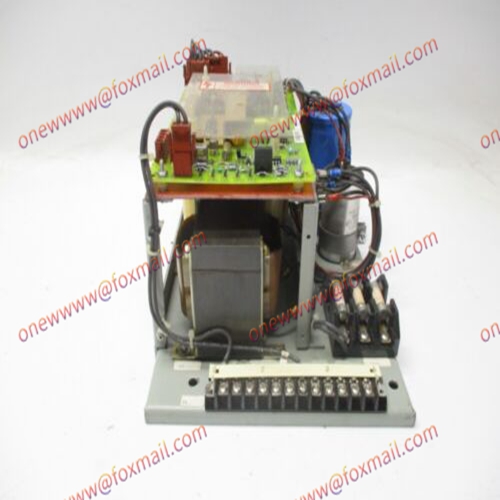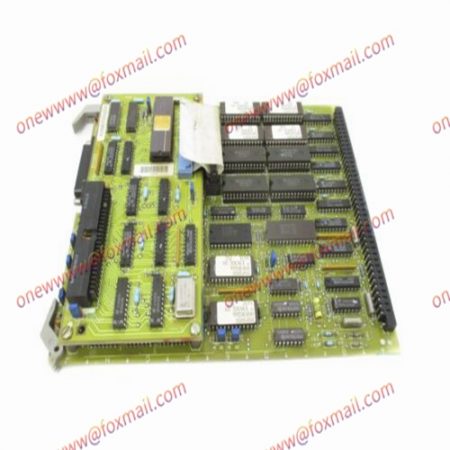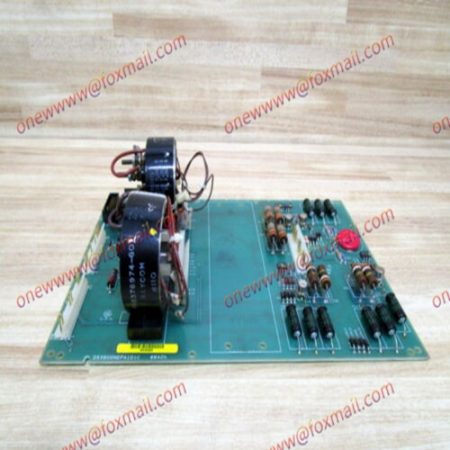GE DS3820PS7B1B1B1B Controller Module
Product Details Introduction
The GE DS3820PS7B1B1B1B is a controller module used in industrial control systems and process automation applications. While I don’t have access to specific details about the DS3820PS7B1B1B1B module, I can provide a general introduction to controller modules.
Here are some key points about controller modules:
- Function: Controller modules are a central component of control systems, responsible for managing and coordinating various aspects of a process or system. They receive inputs from sensors, process the data, and generate outputs to actuators to control the system’s behavior.
- Control Algorithm: Controller modules typically incorporate control algorithms that implement specific control strategies to achieve desired system performance. These algorithms can include proportional-integral-derivative (PID) control, model-based control, or other advanced control techniques.
- Inputs and Outputs: Controller modules have input channels to receive signals from sensors, monitoring variables such as temperature, pressure, flow rate, or level. They also have output channels to send control signals to actuators, such as motors, valves, or relays, to influence the system’s behavior.
- Communication: Controller modules often include communication interfaces to exchange data with other components in the control system. This allows for integration with higher-level control systems, supervisory control and data acquisition (SCADA) systems, or other automation devices. Common communication protocols include Modbus, Profibus, Ethernet, or fieldbus protocols.
- Configuration and Programming: Controller modules may require configuration or programming to set up control parameters, tuning values, and other system-specific settings. This is typically done using dedicated software or programming tools provided by the manufacturer.
- Redundancy and Fault Tolerance: Some controller modules incorporate redundancy and fault tolerance mechanisms to ensure the system’s reliability. Redundancy can involve having backup controllers that can take over in case of a primary controller failure, ensuring continuous operation. Fault tolerance mechanisms can include fault detection, error handling, and recovery strategies.
- Diagnostics and Monitoring: Controller modules often include diagnostic features to monitor the system’s health and performance. These diagnostics help detect faults, identify potential issues, and provide feedback on the system’s operational state. They can aid in troubleshooting and maintenance activities.
Product picture display

Related products:



Reviews
There are no reviews yet.